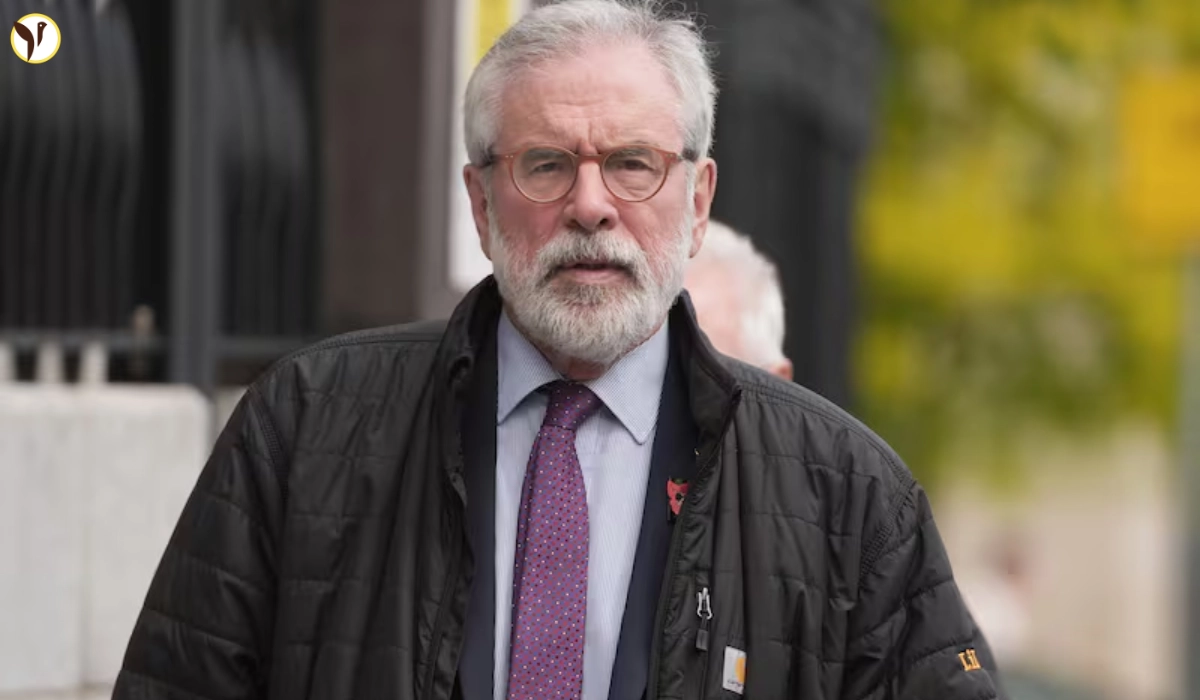Gerry Adams, the former Sinn Féin leader, just won a defamation case against the BBC. And yeah, it’s the same case that had to do with Denis Donaldson, the guy who used to work with Sinn Féin but later turned out to be a British informant.
Back in 2016, the BBC ran a story and a Spotlight TV episode basically saying Adams had given the OK for Donaldson’s murder. Now, Adams has always denied that, but the report made it seem like he was involved. And the court just agreed with him — that the BBC didn’t handle it fairly.
The judge said the broadcaster kind of jumped the gun. They didn’t give Adams a real chance to respond properly, and they relied too much on this anonymous source. So, the result? Adams gets €100,000 in damages. That’s a serious statement — not just about money, but about trust and truth.
Who was Denis Donaldson, and why is this still such a big deal?
Okay, let’s go back for a second. Denis Donaldson was a longtime Sinn Féin member. Then, out of nowhere in 2005, he announced he’d been spying for British for 20 years. People were shocked.
A few months later, he was found dead in a remote cottage in County Donegal. Shot. The Real IRA came forward and said, “Yeah, we did it.” But there’ve always been a lot of questions around his death — conspiracy theories, political tension, you name it. And honestly, his family still doesn’t have full closure. The inquest into his killing has been delayed more than 25 times. That’s… hard to imagine.
So when the BBC linked Adams — even subtly — to that murder, it wasn’t just about one person. It stirred up a whole history of trust issues and political wounds. That’s what made this case so important to Adams, and honestly, to a lot of people watching.
What the court actually said
Gerry Adams has WON his defamation case against the BBC pic.twitter.com/VLCEogorWd
— Irish Unity 🇮🇪🇵🇸 (@IrishUnity) May 30, 2025
The court was pretty clear: the BBC didn’t meet journalistic standards. They basically said:
-
The story suggested Adams gave a nod to the murder, even though it wasn’t said directly.
-
The BBC didn’t dig deep enough to confirm it.
-
They didn’t offer Adams a solid chance to defend himself before going public.
-
And the whole thing wasn’t justified in the way they handled it.
Because of all that, the court said the reporting wasn’t fair or responsible, and it did real damage to Adams’ name. Hence, the €100,000 payout.
It’s not just about the cash though — it’s a reminder that even big media outlets can be held accountable when they mess up.









